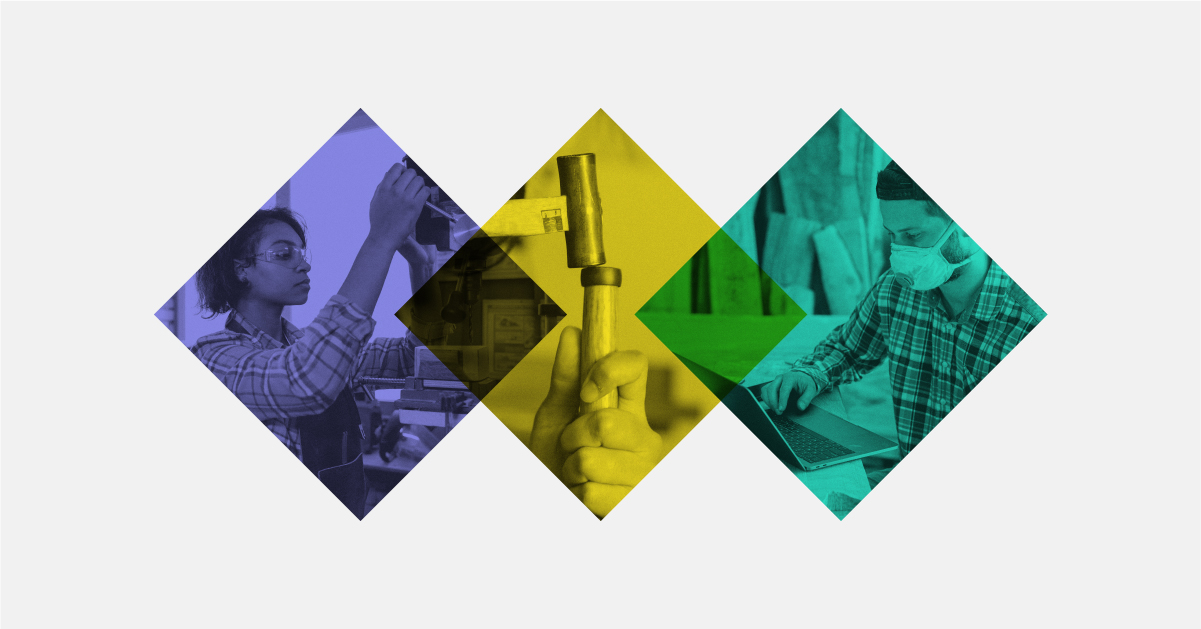“The program has provided tremendous support to our workforce development goals. Without it, I wouldn’t have been able to bring the apprentice on board at this time. She has been a highly beneficial addition to our team.” – Ian Moniz, Owner, Moniz Contracting
In a landscape where the skilled trades sector faces a labour shortage and braces for a wave of retirements, Career Launcher Apprenticeships, funded by the Government of Canada, emerges as an innovative solution. Moniz Contracting, situated in Sorrento, BC, serves as a prime example of how this program positively impacts businesses in the trades.
The company received significant support from the program, with a $10,000 payout upon hiring a new female apprentice. This money, Moniz acknowledged, was crucial. “The funding was instrumental in the success of our apprenticeship program, allowing us to bring on an additional employee while covering training costs,” he remarked.
Moniz’s endorsement of the program is clear. “Absolutely, I would highly recommend it,” he asserted. “Career Launcher Apprenticeships is a fantastic initiative that not only benefits businesses but also provides invaluable opportunities for individuals to learn and grow in their chosen field. It’s a win-win situation.”
At Moniz Contracting, the win-win dynamic of the program is evident. Within just two months, their new apprentice was contributing significantly, gaining hands-on experience with power tools and acquiring specialized skills in electrical wiring and general construction.
Moniz’s experience highlights how Career Launcher Apprenticeships strategically addresses labour shortages by incentivizing businesses to invest in training new talent and by enhancing diversity in the trades. By enrolling, construction and manufacturing businesses receive $5,000 for each new apprentice they hire, with an increased incentive of $10,000 if the apprentice belongs to a group traditionally underrepresented in the trades. Impressively, more than half of new apprentices hired through the program belong to one of these groups, highlighting its tangible impact.









